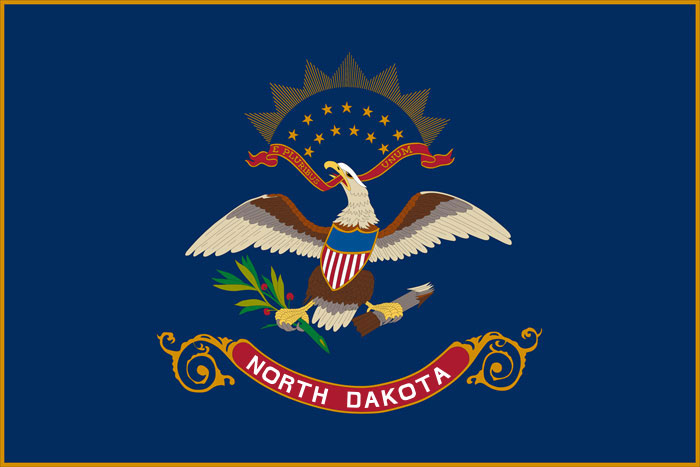BISMARCK, N.D. – Gov. Doug Burgum today signed legislation separating the Environmental Health Section from the North Dakota Department of Health to create a standalone Department of Environmental Quality (DEQ).
Under Senate Bill 2327, the DEQ will continue to administer and enforce the same environmental protection programs as the existing Environmental Health Section. The bill does not create new programs or eliminate existing ones.
Burgum noted many states already have a DEQ separate from their health department. Establishing a DEQ streamlines government and acknowledges the importance of environmental protection in North Dakota by elevating that responsibility to a cabinet-level agency whose director is appointed by and reports directly to the governor.
“Preserving our natural resources for current and future generations is a top priority,” Burgum said. “In the spirit of reinventing government, this new agency maintains existing staffing and program levels while giving our environmental team the autonomy it needs to be more efficient, flexible and better able to implement federal regulations.”
The bill gives the Department of Health until July 1, 2019, to obtain the approvals and amend the agreements necessary to ensure the state maintains strong primacy over all federal and state regulations that protect North Dakota’s clean air, water and land.
The Department of Health will work with the current chief of the Environmental Health Section, Dave Glatt, to establish the DEQ at no additional cost by restructuring and repurposing current positions beyond any that may be transferred. The section currently has about 174 positions, including engineers, scientists, chemists, microbiologists and administrative support staff.
The DEQ will be overseen by a new 13-member Environmental Review Advisory Board, created through the consolidation of the existing Air Quality Advisory Board and the Water Pollution Control Advisory Board. The new board will consist of the state engineer, state geologist, director of the state Game and Fish Department and 10 members appointed by the governor. To address concerns raised by the agricultural sector, the board reserves three spots for representatives of crop agriculture, the livestock industry and agronomy/soil sciences.


